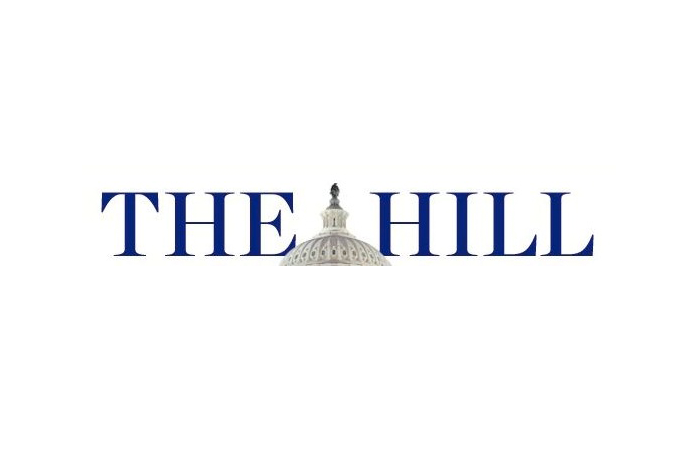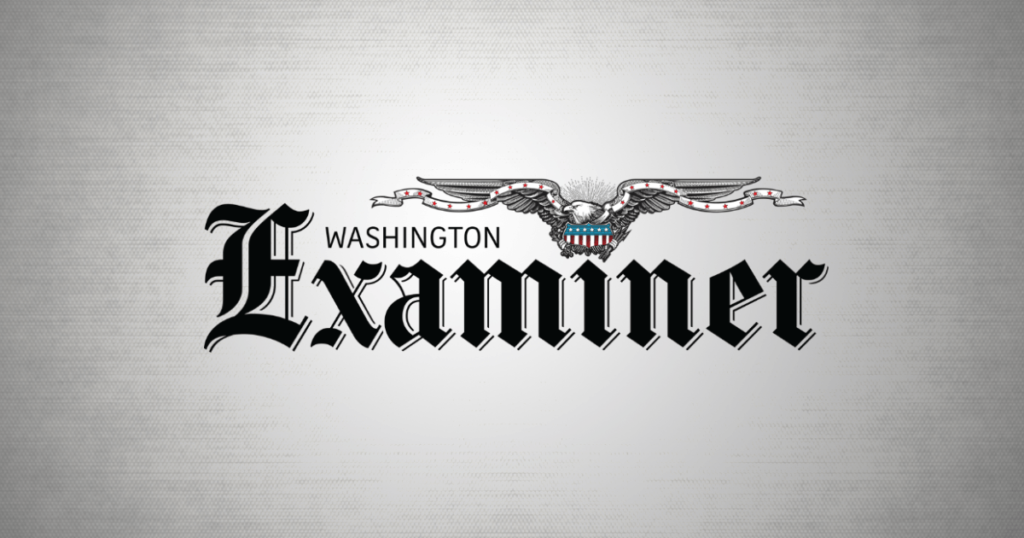Imagine waking up to a world where entire chapters of history have quietly disappeared and key facts about important news are simply nowhere to be found. […]


Imagine waking up to a world where entire chapters of history have quietly disappeared and key facts about important news are simply nowhere to be found. […]

As artificial intelligence (AI) reshapes the global landscape, America must seize the moment to lead AI’s development and deployment worldwide. By doing so, we can reinforce our alliances, secure our leadership in the technologies that will drive the 21st Century, and protect our national interests. To achieve this, we must leverage digital diplomacy, strengthen partnerships with the private sector, and deepen cooperation with our allies—all while countering the growing threats from China and Russia, who are working tirelessly to outpace us in AI and other critical technologies. […]

Free Speech Week presents a vital opportunity to remind ourselves that our freedom to express ideas doesn’t only live on the printed page or in the public square — it thrives in the digital space, from blogs to social media posts and encrypted messages to the technological advancements of the future. But in an era where countries like China, Russia and Iran are actively undermining a free and open internet, the battle for free speech has never been more urgent. […]

As Cybersecurity Month kicks off, the headlines tell a sobering story: a relentless wave of cyberattacks targeting everything from our power grids to personal data—many orchestrated by hostile adversaries like China. With our critical infrastructure and national security at risk, there’s no time to waste. The key to defending against these threats lies in strengthening America’s tech sector—our first line of defense in the digital battlefield. […]

More than 60 years ago, President John F. Kennedy challenged America to land on the moon, a mission that solidified the U.S. as a global leader in space and technology. Today, the U.S. faces a new race – one that will determine the future of tech innovation and leadership for generations. […]

As Democrats meet together at the Democratic National Convention to chart their vision for the future, they must prioritize an especially important issue: securing America’s role as a global leader in technology and innovation. […]

The United States is at a critical juncture and the decisions made by elected leaders in Washington, D.C. in the coming years will define America’s standing for decades to come. […]

The rise of artificial intelligence is intensifying the global tech competition, raising critical questions about the United States’s position as a leader in innovation. Will we maintain our lead, or will China overtake us? […]

When I joined the U.S. Navy in 1995, warfare was dominated by physical battlegrounds and traditional combat tactics. Today, that landscape has shifted dramatically. The frontline of 21st-Century conflict lies in cyberspace. And that reality has massive implications for both our national and economic security. […]

Around the world, countries face a crucial policy choice that could impact millions of consumers, the pace of innovation, and even the global geopolitical balance. One path follows the United States, which regulates with a light touch and has thus fostered the most dynamic economy in world history; the other follows Europe, whose heavy regulations have led to stagnation and decline. These choices will determine which countries, and which set of values, build the future. […]